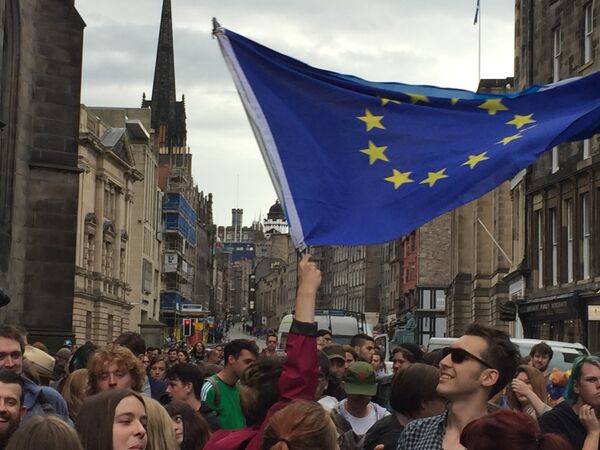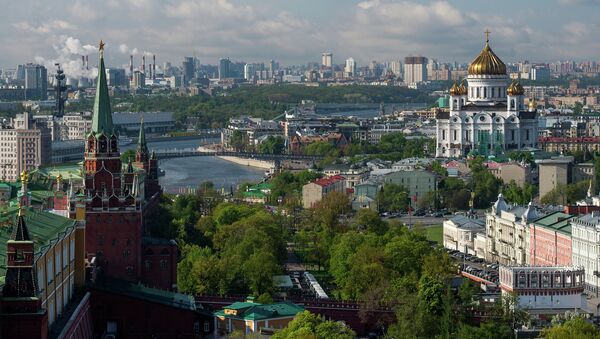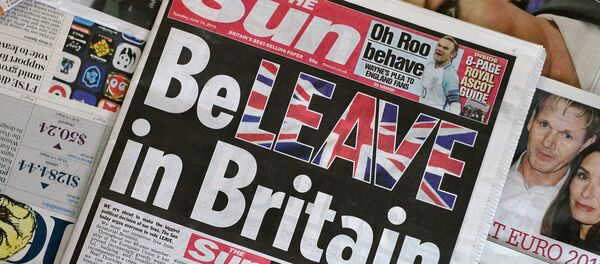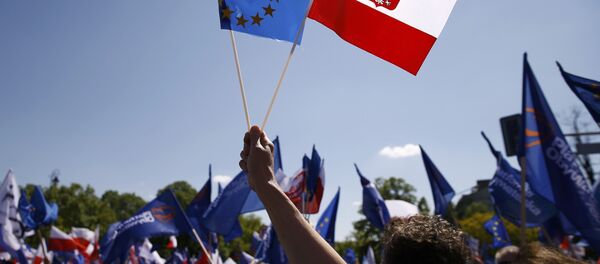Europe's destination in the post-Brexit world is unknown, but there has been no lack of alternative solutions and suggestions on what should happen next. Some advocate an ever closer union, while others want their countries to forge ahead without the EU.
"It is possible that the German and Russian governments will agree to sign a new Treaty of Rapallo, which was inked by the Weimar Republic and the Soviet Union on the sidelines of the Genoa Conference on April 16, 1922," French writer Jean-Paul Baquiast asserted. "Many key players in Germany and Russia are contemplating this idea."
The Treaty of Rapallo was meant to normalize relations between Germany and the Soviet Union, who also agreed to "cooperate in a spirit of mutual goodwill in meeting the economic needs of both countries."
Moscow and Berlin, in Baquiast's opinion, could work together on developing northern territories and the Arctic, foster cooperation within the BRICS format and "negotiate with China as equals."
"Staying away from such an alliance would have disastrous implications for France. It would become a nation with limited power despite its resources. But as part of a Paris-Berlin-Moscow group, France could develop and use all resources available," he observed.

The chorus of voices who want the European Union to remain in place, but in an altered version is also powerful.
Polish Prime Minister Beata Szydlo suggested that the European Union should be transformed into "a strong, united EU of sovereign nations." Jaroslaw Kaczynski, who heads Poland's ruling Law and Justice party (PiS), and Polish foreign minister Witold Waszczykowski echoed this sentiment.
EU "member states should have more sovereignty inside the union … we have to maintain a Europe of nation states that cooperate with each other, ideally creating a confederation," Kaczynski said earlier this week.
The EU's future might be obscured by clouds. What is clear is that the bloc has to change in order to survive. Otherwise, Brexit will offer a taste of what's to come.





